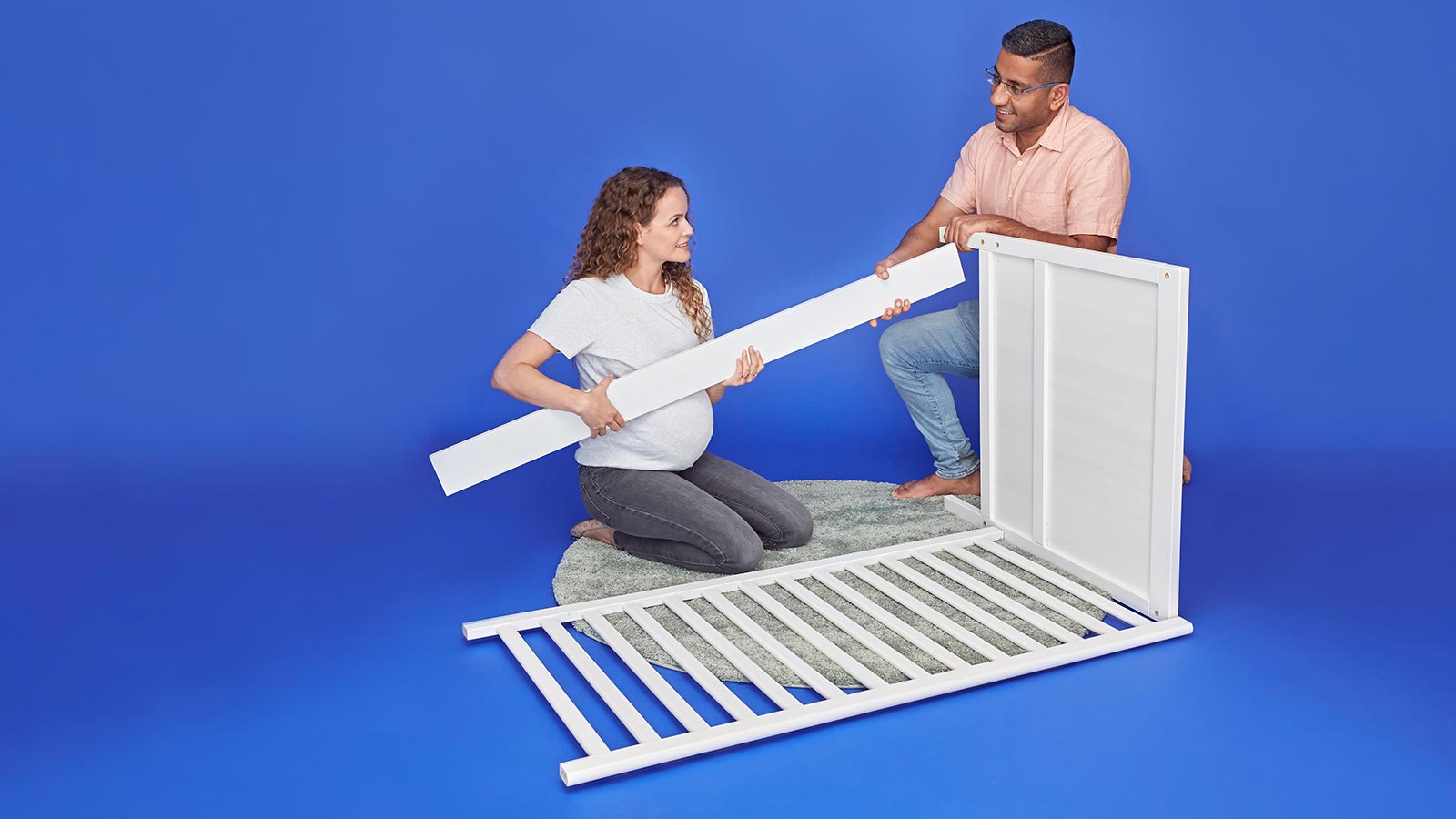Becoming a parent is an exciting and life-changing step. Be well-prepared for the costs and budget for them.
Cost of having a baby
Having a baby costs money. It's possible to plan and save for most of these costs, but some can be unexpected. The earlier you start, the better.
Pregnancy and birth costs
During your pregnancy and for the birth itself, costs may include:
- doctor and hospital bills
- ultrasounds and other medical tests
- birthing (antenatal) classes
- maternity clothes
- private health insurance
If you go public
You may decide to use the public health system during your pregnancy. Medicare covers:
- routine ultrasounds
- blood tests
- care from midwives and obstetricians
- shared care from bulk-billing doctors
You can also register to get a higher Medicare benefit for out-of-hospital costs. See Medicare Safety Nets on the Services Australia website.
If you give birth in a public hospital as a public patient, Medicare covers:
- your hospital stay
- care from midwives and/or obstetricians
- some medical expenses, such as routine ultrasounds
If you go private
You can choose private insurance to help pay for costs during pregnancy and during the birth. There's usually a waiting period of up to 12 months before you'll be eligible for cover.
You can generally choose your obstetrician. You may get a choice of a private hospital or a private room in a public hospital.
However, there are out-of-pocket costs, for example, visits to your obstetrician. Every policy is different, so talk to your insurance company or check your policy.
For more information, see the Commonwealth Ombudsman's pregnancy and healthcare fact sheet.
After your baby arrives
When your baby is born, you'll need:
- baby clothes and nappies
- bottles and formula or a breast pump
- a cot, with a mattress, sheets and blankets
- other equipment, such as a change table, pram and car seat
The cost of these items adds up, but there are ways to save:
- Find out what you really need (and will use) by talking to other parents.
- Buy secondhand or via online marketplaces.
- Sell items as your baby grows out of them.
- Rent or borrow big-ticket items like prams or car seats.
The Raising Children website has helpful information about preparing for your baby.
Childcare costs
When it's time to return to work or study, or if you need a break, you can get child care. Start planning for this well in advance. Places for babies under 12 months can be limited so you may have to go on a waiting list.
You'll also need to weigh up the cost of child care against how much you're earning.
The type of child care that works for you will depend on how much you need and your budget. For example, you may have family or friends who can help, or you may have to pay for full-day child care or a nanny.
The Raising Children website has information on childcare options and government assistance for child care.
Changes to your income
Decisions about if or when you and/or your partner return to work can affect your income, childcare costs, and even your super.
Getting paid leave
Find out what your employer offers as paid maternity and paternity leave. Also check if you can use your annual or long-service leave.
The Fair Work Ombudsman has information on parental leave.
Getting government benefits
Depending on your income and assets, you could be eligible for government benefits:
You may also be eligible for one or more of the following:
- Parenting Payment
- Rent Assistance
- a Health Care Card
See Services Australia for information about payments for your family or phone 13 61 50.
Do a baby budget
Once you've got an idea of baby costs and what your income will be, you can do a budget.
Use the budget planner so you know what to expect and how much to save
Put in your income and expenses, including baby costs, to get a budget that you can stick to.
Preparing for the future
Saving – Think about regularly putting away some money for education and future expenses for raising your child. See Saving for ways to do this.
Super – If you or your partner change working arrangements, see how it affects your super. Check:
- whether you can contribute super to each other's funds
- what insurance benefits you have through your super fund
Wills – Update your will to include any guardian of your child.
Have a money conversation with your partner
Talk with your partner about the best way to manage your household and financial situation. Talk through:
- managing your everyday spending and saving
- looking at financial goals and priorities
- putting off buying big items
- paying off some debt before the baby arrives

Janet budgets for her baby
Janet and her partner are expecting their first child. After talking about how to organise their lives once the baby arrives, they've agreed that Janet will take nine months off work after the birth. After that, she'll return to work three days a week.
Janet has 12 weeks of maternity leave. She is entitled to paid parental leave for 18 weeks from Services Australia, and she's also taking some annual leave. Their household income will be lower, alongside the new expense of child care after Janet returns to work.
Janet used the budget planner to plan how they'll manage their money when the baby arrives.
The couple decides to sell their second car and to pay off their credit card before the baby arrives, to reduce some of their regular outgoings.